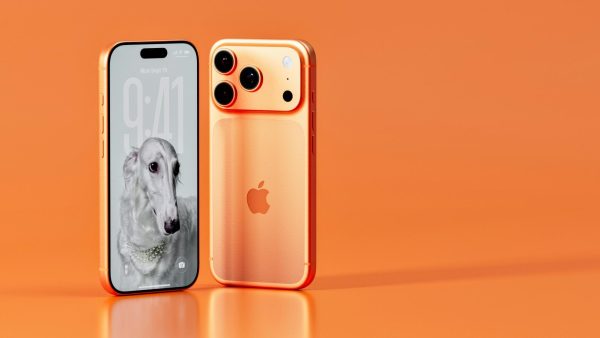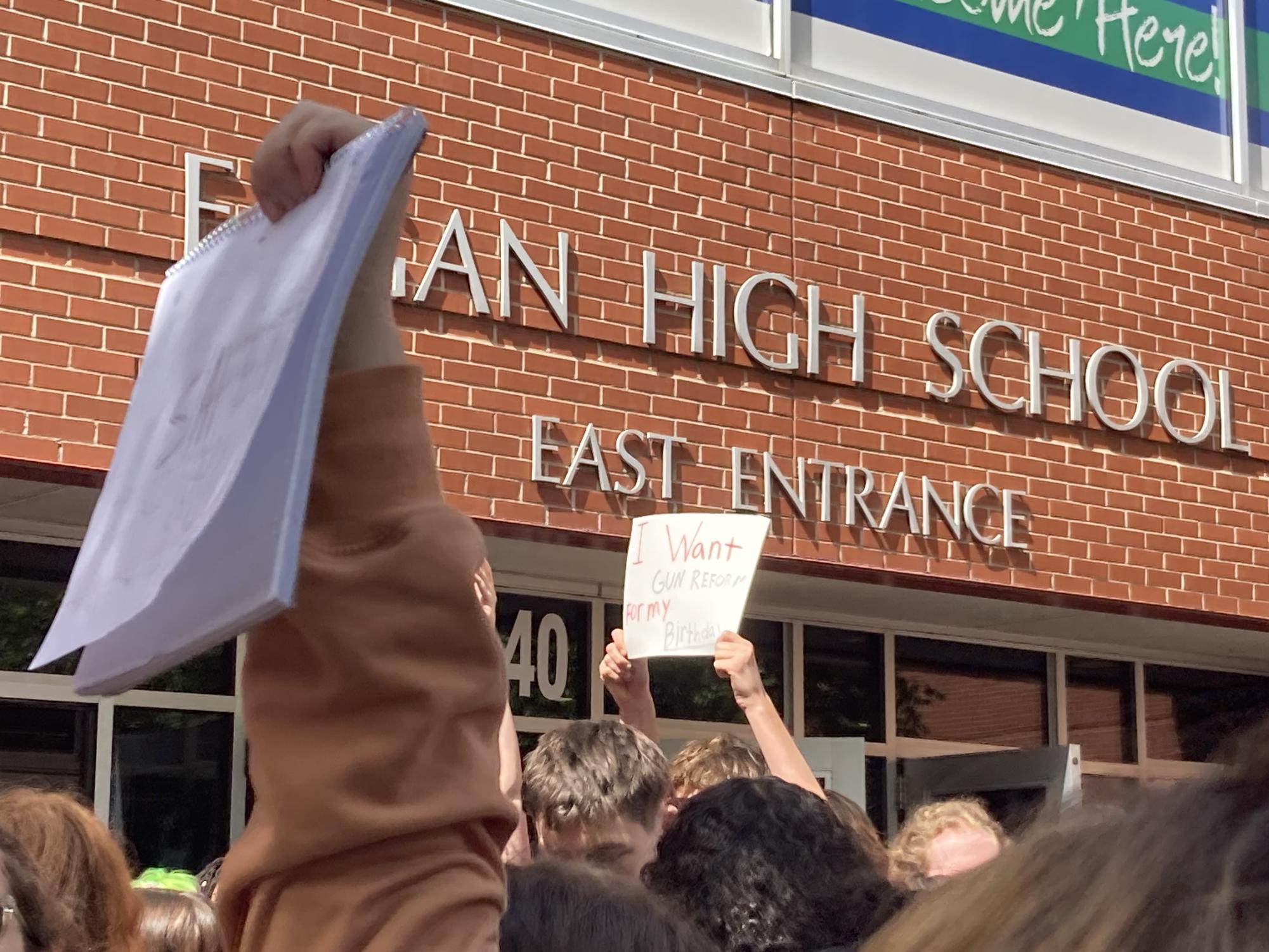Apple Fights Order To Unlock San Bernardino Shooter’s Phone
March 1, 2016
It’s been over two months since the San Bernardino terror attacks that left 14 people dead at a California government center, and now the FBI are finally getting somewhere. Or so they thought. Apple CEO Tim Cook has announced that the company will fight against a government order to assist federal investigators with unlocking an iPhone used by one of the attackers.
In an open letter to Apple customers, Cook argues that the software needed is “something we simply do not have, and something we consider too dangerous to create.” In his statement, Cook writes, “In today’s digital world, the ‘key’ to an encrypted system is a piece of information that unlocks the data, and it is only as secure as the protections around it. Once the information is known, or a way to bypass the code is revealed, the encryption can be defeated by anyone with the knowledge.” To create this software, would be to create a backdoor to the iPhone. In the wrong hands, it could be used to unlock virtually any electronic device.
Judge Sheri Pym ordered Apple to hand over the software necessary to allow the FBI to bypass a security feature on the iPhone that erases all data after a number of unsuccessful password attempts. According to the motion filed, the FBI are not able to confirm whether the auto-erase feature is enabled on the phone.
However, Cook calls the order an “unprecedented step which threatens the security of our customers.” In the statement, he explained in great detail the threats and consequences of creating a backdoor for the government. Cook focuses on the fact that “once created, the technique could be used over and over again, on any number of devices.”
FBI director James Comey addressed the difficulties the bureau faced in the two months following the shootings, and asked tech companies to comply with court orders to assist with investigations.
“I don’t want a door, I don’t want a window, I don’t want a sliding glass door,” Comey said. “I would like people to comply with court orders, and that’s the conversation we’re trying to have.”
According to Apple’s privacy policy, the company has “never worked with any government agency from any country to create a backdoor in any of [their] products or services. [They] have also never allowed access to [their] servers. And [they] never will.”
In retaliation, Apple has filed a motion in court asking a judge to remove the order – arguing the order is not authorized under current law and, in any event, is unconstitutional.
The question still remains as to whether or not Apple should or should not develop the software necessary to unlock the phone connected to the San Bernardino terrorist attack. Is the creation of this technology simply too dangerous to the safety and security of the devices on which we hold our entire lives? Or is it worth the risk to bring criminals to justice? What do you think?
Click here to read more from Cook’s open letter.






